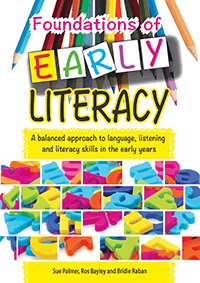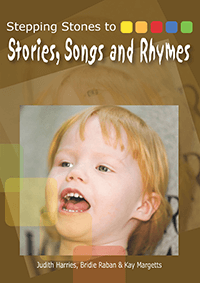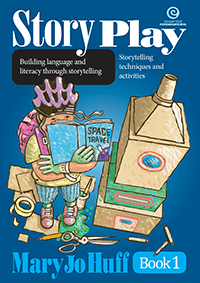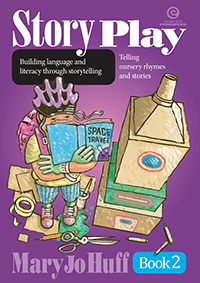
Storytelling and Storymaking
Language and literacy in the early years
The importance of immersing young children in language that relates to story cannot be overlooked. Telling stories is something that we all engage in every day of our lives. Narratives shape and help us to make sense of the world around us, and it is the power of stories and storytelling that is harnessed in this book to illustrate effective learning opportunities.
Educators can maximise such opportunities by understanding every child's language learning journey and engaging with them in meaningful, knowledgeable and intentional ways.
This book provides valuable information about the role and importance of storytelling and storymaking in early childhood, and shows how to plan learning opportunities to engage and interest young children.
|
NZD incl GST
|
Add to cart | |
| or more | each |



